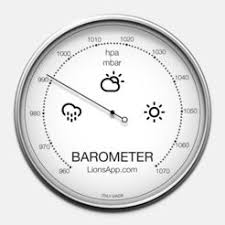 Andrea Gordon has continued to cover the issue of lunchrooms in Ontario schools – as a barometer of poor overall school conditions. In her March 26, 2018, Toronto Star article entitled, “Province urged to overhaul flawed approach to funding education“, she also points to lunchroom conditions as a good indicator that the approach to funding education in Ontario is in need of a complete overhaul. She cited a recent report written by Hugh Mackenzie, entitled “Course Correction: A Blueprint to Fix Ontario’s Education Funding Formula”, as support for this argument.
Andrea Gordon has continued to cover the issue of lunchrooms in Ontario schools – as a barometer of poor overall school conditions. In her March 26, 2018, Toronto Star article entitled, “Province urged to overhaul flawed approach to funding education“, she also points to lunchroom conditions as a good indicator that the approach to funding education in Ontario is in need of a complete overhaul. She cited a recent report written by Hugh Mackenzie, entitled “Course Correction: A Blueprint to Fix Ontario’s Education Funding Formula”, as support for this argument.
As Mackenzie points out in his report, we must demand an approach to funding education in this province that actually takes into consideration the needs of our children – all of their needs while they are at school, including the conditions of not only lunchrooms but classrooms, washrooms, outdoor areas, libraries, gymnasiums and hallways.
However, when the provincial government took control of funding public education in Ontario over two decades ago, they focused on providing equal funding, regardless of student, school or community needs. In a nutshell, they confused equal for equitable; funding student, school and community needs were nowhere in the equation.
This example clearly illustrates the difference:
Consider a parent who has two children with different needs. One child needs glasses to see and the other child has perfect 20/20 vision. Would the parent deny the one child glasses to ensure an equal amount of money was spent on both children? Or, would the parent spend additional money to buy glasses for the child who needs them to ensure that both children can see? The answer seems pretty evident and the same principles ought to apply to funding education.
If we, as a society, want all children to have the opportunity to succeed and obtain the best education possible, we must fund education in a manner that considers student needs, school needs and community needs. Only this type of approach will provide equity, recognizing that sometimes unequal dollar amounts will be provided to achieve this equity.

